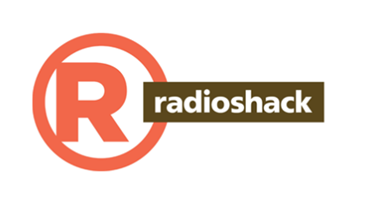Radio Shack Sale To Standard General Approved By Judge

By Christine Kern, contributing writer

Sale of company name and customer data base can now move forward.
A U.S. bankruptcy judge Wednesday approved the sale of RadioShack's name and customer data to Standard General, the New York Times reported. The investment firm’s winning bid was for $26.2 million, well above the $15 million it initially bid.
The sale was approved by U.S. Bankruptcy Judge Brendan Shannon, in Wilmington, DE, after almost 40 states, led by Texas, came to consensus with the chain and the buyer over the limits to the use of shopper data, according to the Star Telegram. New York Attorney General Eric Schneiderman reported that at least 50 million customer files will be destroyed as part of the agreement, and Standard General will not have access to credit card data, Social Security numbers, birth dates, or phone numbers.
The agreement also allows for an opportunity for customers to “opt out” of the information transfer to Standard General, and Standard General is not allowed to share any of the data, including with Sprint, with whom it is running approximately 1,700 co-branded RadioShack locations.
The rest of RadioShack’s 4,000 locations are being closed.
Standard General is already operating many of its newly minted RadioShack-Sprint stores, and now it will be able to keep the RadioShack trademark name and data.
As part of the agreement, Standard General will limit the availability of customer emails to the last two years and to just seven of 170 fields of information. Additionally, Standard General itself will only get access to the names and addresses of 67 million customers, rather than the 117 million it wanted to buy.
Last week, the Federal Trade Commission sent a letter outlining certain conditions that would help mitigate concerns over RadioShack's customer data; otherwise, the retailer would have to obtain permission from customers regarding the use of their data. Apparently, the limits that Standard General agreed to recognize were enough to appease the states attorneys general and allow the sale to move forward.
